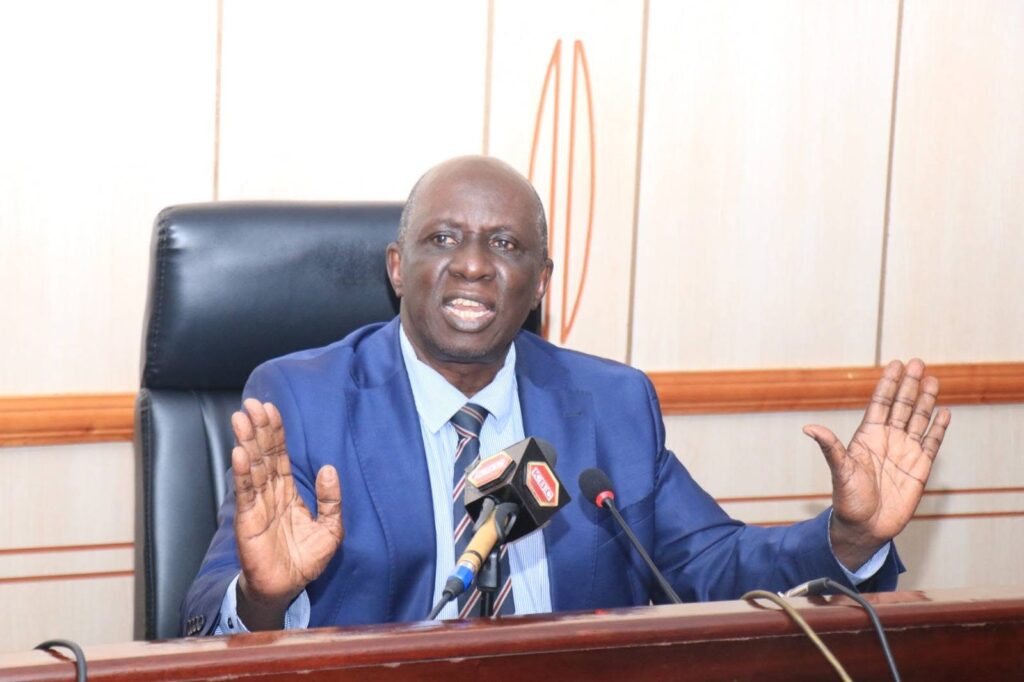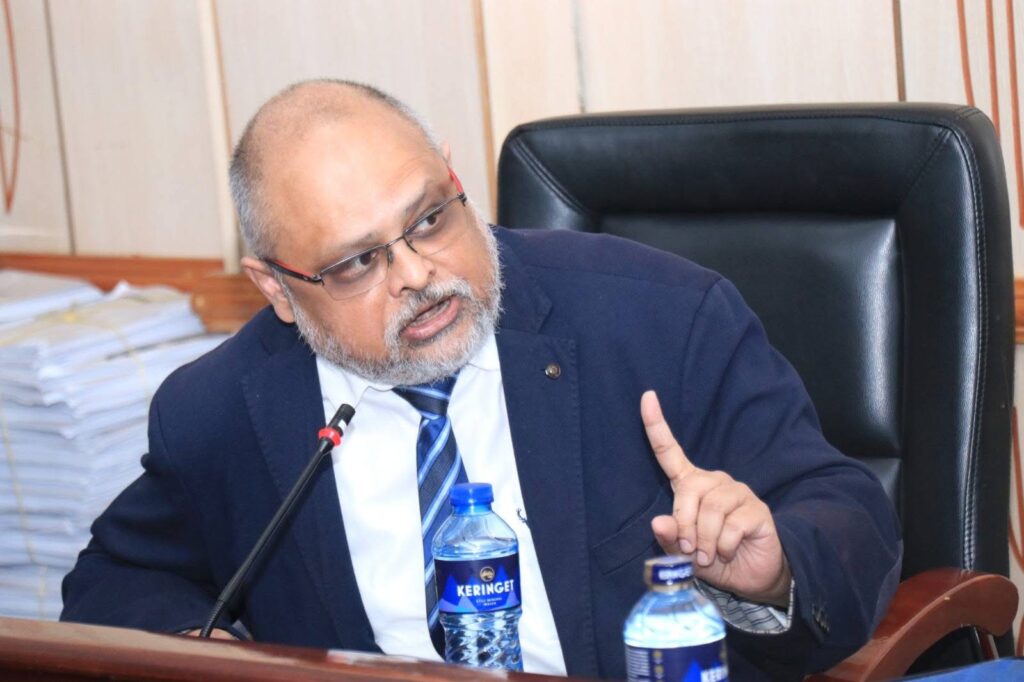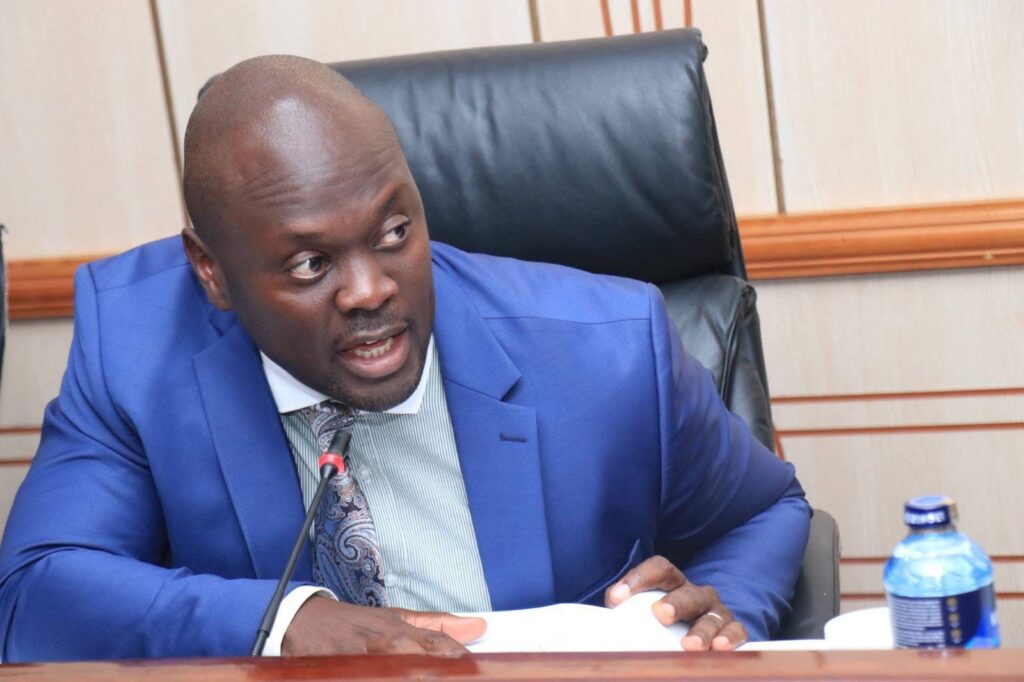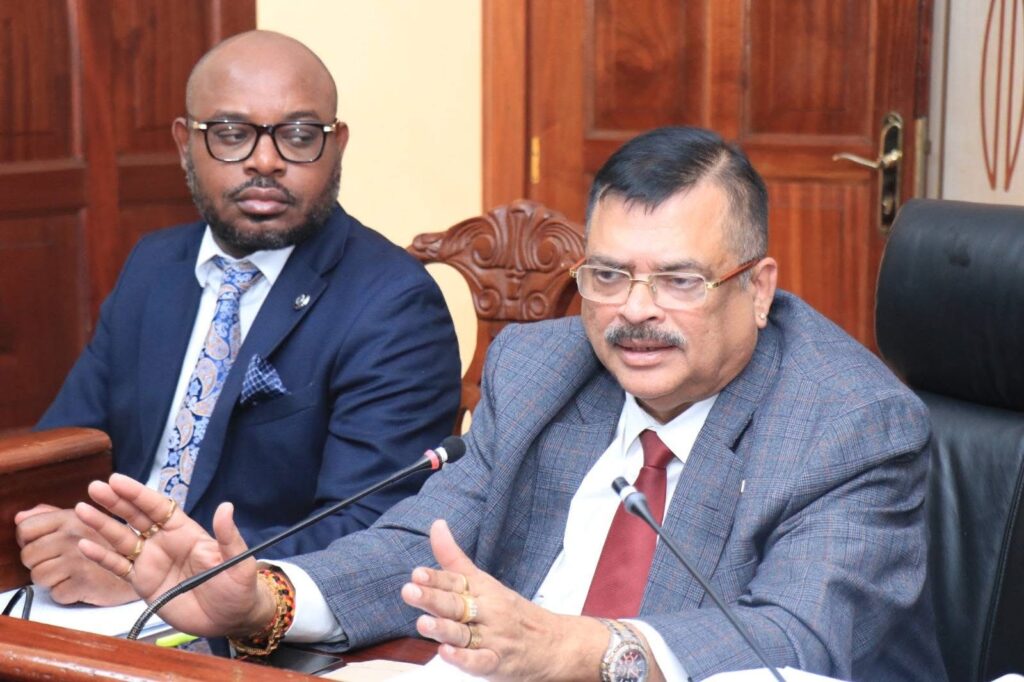Kenya’s National Assembly Departmental Committee on Health has put the Mediheal Group of Hospitals on the spot over the integrity of its kidney transplant programme, as a parliamentary probe into alleged illegal organ harvesting gathers momentum.
The session, chaired by Dr. James Nyikal (Seme MP), saw members of the committee question Dr. A. Srinivas Murthy, Mediheal’s Chief Consultant Nephrologist, over alleged irregularities in the hospital’s organ transplant processes — including the sourcing of donors, recruitment of patients, and compliance with ethical and medical standards.

Dr. Murthy, however, dismissed any claims of malpractice, asserting that all procedures conducted by Mediheal strictly adhere to Kenyan law.
“There is no organ harvesting happening in Mediheal or anywhere else in Kenya to my knowledge,”
he said, emphasizing that the country only permits live kidney donations from willing relatives or close acquaintances.

He contrasted Kenya’s system with countries such as India and the United States, which operate government-regulated deceased donor programs — a gap he said leaves many Kenyan patients at a disadvantage.
“The absence of a deceased donor framework continues to disadvantage patients who lack suitable living donors,”
he noted.
Endebes MP Dr. Robert Pukose pressed the Mediheal officials to explain inconsistencies in some patient affidavits, particularly cases involving foreign nationals who entered Kenya on medical visas. He cited the case of a Swiss national, Mr. Maurice Nicholas Antonio, questioning how his diagnosis appeared to have been made locally despite his visa indicating he was already a patient.
“If the patient came on a medical visa, it means he was already diagnosed abroad. But the documents show the illness was discovered here. That does not add up,”
Dr. Pukose observed.

Responding, Dr. Murthy said many foreign patients arrive before beginning dialysis and may have their conditions confirmed or worsened upon arrival in Kenya.
“Many come with kidney disease but are not yet on dialysis. We counsel and start dialysis if necessary before transplantation,”
he explained.
Lawmakers also sought clarity on the involvement of Kenyan specialists in the programme. Mediheal’s Chairperson, Dr. Swarup Mishra, said the hospital initially relied on Indian renal experts but had since trained Kenyan nurses and technicians through technology transfer.
“When we started, we had Indian renal and ICU nurses. But now all nurses are Kenyans,”
he said, adding that attracting full-time local nephrologists remains a challenge.
Kitutu Chache South MP Anthony Kibagendi urged Parliament to fast-track reforms in Kenya’s organ donation laws, while Committee Chair Dr. Nyikal confirmed that the Transplant and Organ Donation Bill is currently under review by the Budget and Appropriations Committee.
Dr. Mishra decried what he termed “years of misinformation” linking Mediheal to organ trafficking, saying such claims were malicious and unfounded.
“False statements were made in 2018, 2019, and 2021. We took legal action. It’s time to treat Africans in Africa,”
he said.
The Health Committee will continue reviewing affidavits and medical documents before issuing its findings.
“We will scrutinize every document carefully,”
Dr. Nyikal assured.
“If necessary, we may recall witnesses, including some of the patients involved.”


